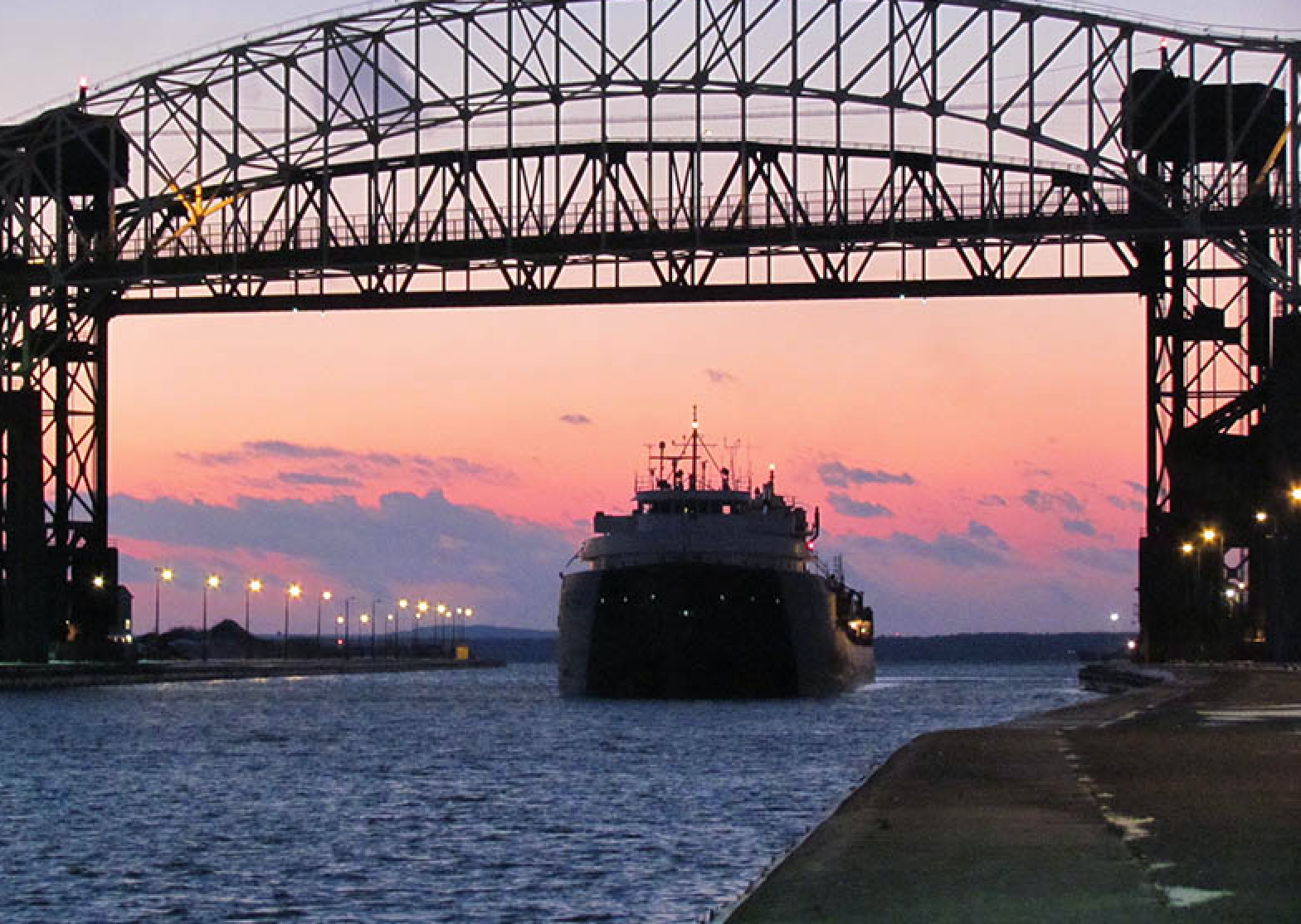Citing additional pilots and the impact of inflation, the Coast Guard is proposing a 12% hike in Great Lakes pilots’ rates for the 2022 shipping season.
The increase, which is higher than the last two years — 4% in 2021 and 1% in 2020 — affects 56 U.S. pilots, three associations and the owners and operators of about 293 oceangoing vessels. Rates rose 11% in 2019 and 13% in 2018. The Coast Guard estimates shippers would pay $3.5 million more than this year’s $30.3 million.
Per pilot hourly pay would range from $375 to $818, up from $337 to $800 now, rising in five of the six service areas. Total target pilot compensation goes to $393,461 from $378,925.
“The rate changes would promote safe, efficient, and reliable pilotage service on the Great Lakes,” by ensuring associations can cover operating expenses and fund improvements and by providing “fair pilot pay, adequate training, and sufficient rest periods,” the Coast Guard said in its proposed rule published Tuesday.
The changes also would help recruit and retain pilots, so enough are available to meet peak shipping demand. The Coast Guard establishes rates for Great Lakes pilots while rates elsewhere in the country are set at the local level. The number of lakes pilots has grown from 36 in 2014, and the Coast Guard has said its goal of having more pilots is “to help reduce fatigue and ensure safety on the waterways.” The proposed higher pay is tied to the difference between 3.5% actual inflation and the predicted 1.7% rate for 2021 and the addition of two pilots.
The Coast Guard, shippers and associations have been at odds over the rates for years.
“The Coast Guard’s annual rate-setting process fosters continual conflict and animosity between pilots and the shipping companies they serve,” the American Great Lakes Ports Association (AGLPA) says on its website. “Pilotage should ensure safe navigation while seeking to be efficient and cost effective.”
Great Lakes pilotage “has become a runaway cost for the Great Lakes-St. Lawrence Seaway navigation system,” AGLPA said. “Between 2014-2020 the overall cost of U.S. pilotage on the Great Lakes has more than doubled ($12.8 million – $28.2 million).”
Pilots have said that the target compensation rate is too low, especially when compared to other U.S. pilots.
Comments on the proposed rule are due Oct. 14 and may be submitted here.




